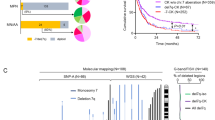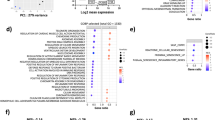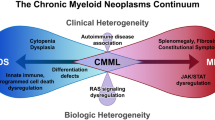Abstract
Chronic exposure to high concentrations of benzene can result in the development of myelodysplastic syndrome (MDS) and acute myelogenous leukemia (AML). Studies of patients occupationally exposed to benzene show a pattern of cytogenetic aberrations involving high frequency of loss of all or part of chromosomes 5 and/or 7 as well as trisomy 8. The pattern of reoccurring chromosome abnormalities associated with the development of leukemia can be used as a guide in understanding the etiology and pathogenesis of these diseases. Therefore, a research project was designed to determine whether a metabolite of benzene, hydroquinone (HQ), could directly induce loss of chromosome 5 and/or 7 and gain of chromosome 8. Using fluorescence in situ hybridization with chromosome-specific 5, 7 and 8 probes we demonstrate that 42, 49 and 26 μ M HQ induces monosomy 5, 7 and 8, respectively, in the human lymphoblast cell line GM09948. These results demonstrate for the first time that HQ induces a specific chromosome loss found in secondary MDS/AML. The pattern of chromosome 5 and/or 7 loss in benzene-induced MDS/AML is probably due to selective cell survival after HQ exposure rather than specific targeting of HQ for chromosomes 5 or 7.
This is a preview of subscription content, access via your institution
Access options
Subscribe to this journal
Receive 12 print issues and online access
$259.00 per year
only $21.58 per issue
Buy this article
- Purchase on SpringerLink
- Instant access to the full article PDF.
USD 39.95
Prices may be subject to local taxes which are calculated during checkout
Similar content being viewed by others
Author information
Authors and Affiliations
Rights and permissions
About this article
Cite this article
Stillman, W., Varella-Garcia, M., Gruntmeir, J. et al. The benzene metabolite, hydroquinone, induces dose-dependent hypoploidy in a human cell line. Leukemia 11, 1540–1545 (1997). https://doi.org/10.1038/sj.leu.2400763
Received:
Accepted:
Issue date:
DOI: https://doi.org/10.1038/sj.leu.2400763



